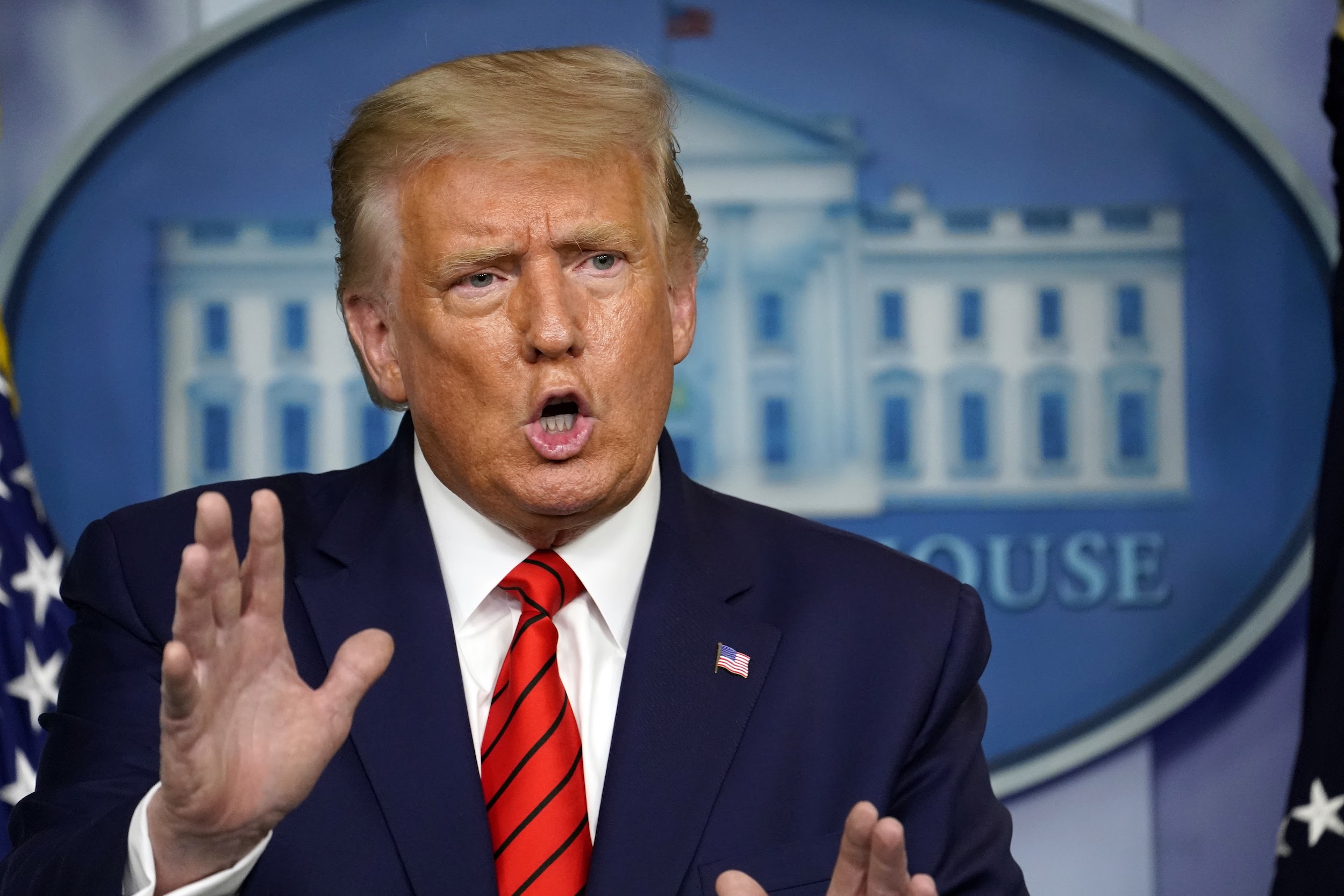Ten fellow Republicans voted in support of outgoing President Donald Trump’s second impeachment by the House of Representatives on Wednesday.
This, analysts say, further highlights the division in the party over Trump’s refusal to concede the Nov. 3 presidential election based on his unsubstantiated claims of widespread voter fraud.
In all, 232 lawmakers, including all 222 Democrats, voted in favour, while 197 Republicans opposed the impeachment, which is based on alleged “incitement of insurrection”.
Trump has made history as the only U.S. president to be impeached twice, and Wednesday’s votes came barely a week before he leaves office on Jan. 20.
In December 2019, the Democratic Party-controlled House impeached Trump for obstructing Congress after he was alleged to have sought foreign interference in the Nov. 3 presidential election.
Unlike Wednesday’s impeachment votes, the first one was polarised along party lines in the House with all lawmakers from the president’s party voting against.
Read Also: Buhari slams group threatening Bishop Kukah
But the Republican-controlled Senate acquitted him, thus keeping him in office.
The Republicans opposed to Wednesday’s decision argued that impeaching Trump would further divide the country at a time he is already leaving office.
Some of his die-hard loyalists in the House also said he was not responsible for the Jan. 6 insurrection by his supporters at the Capitol Hill.
Trump can only be removed by the Senate, but that is unlikely before he leaves office on Jan. 20, and the Senate is currently on recess.
Senate Republican leader Mitch McConnell gave this indication in a statement following the impeachment vote in the House on Wednesday.
McConnell pointed out that even if the Senate reconvened on the matter this week, it would not be able to reach a final decision before Jan. 20.
He said: “Remember, Inauguration Day is 20 January. The Senate can still convict Trump after his departure, though.
“In light of this reality, I believe it will best serve our nation if Congress and the executive branch spend the next seven days completely focused on facilitating a safe inauguration and an orderly transfer of power to the incoming Biden administration.

